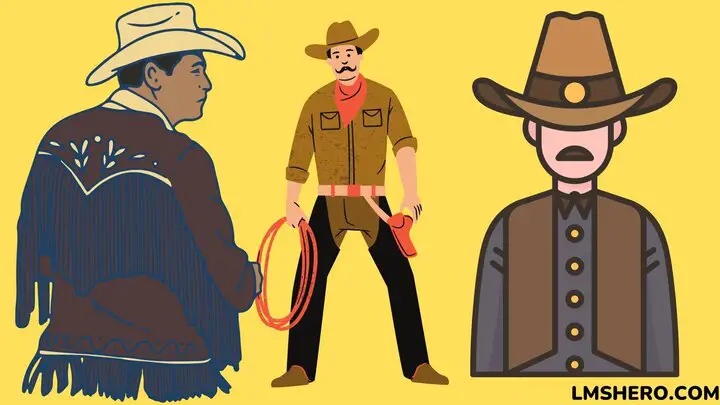Bounty hunters are people who track down criminals who have skipped bail. They are known to feature in reality shows, but are they real-life bounty hunters?
Yes, they are real.
There are bounty hunters who have gotten their licenses and are in the criminal justice system. They get paid a percentage of the bail gotten from fugitives they apprehend.
In this article, I will talk extensively about bounty hunters, what they do, what skills they possess, and how you can become one.
What is a bounty hunter?
A bounty hunter is a private agent who aids the criminal justice system. They are also known as bail enforcement agents or fugitive recovery agents.
They work to pursue and apprehend fugitives who skipped bail or failed to appear for court proceedings. Many bounty hunters are former police officers or private investigators who decided to take on a different career path.
When they find these fugitives, they return them to face justice, and in exchange, they get a commission off the bail. Mostly, they get around 10 – 20 percent of the bail amount.
What are the daily tasks of a bounty hunter?
As a bounty hunter, you have three major tasks to perform daily. They include;
1. Collecting new bounties
Bounty hunters work with various bonds or agencies where they get new assignments. They are individual contractors, so they must check multiple agencies, pay a fee and collect new assignments.
2. Investigating fugitives
After getting a new assignment, they investigate the fugitive and his family. They can also travel to the victim’s home and speak with their family, friends, colleagues, or employers.
3. Perform research
Another task that bounty hunters do daily is to perform research. This research could involve tracking or tracing the fugitive’s phone call or online presence to decipher a target’s whereabouts.
Bounty hunters’ salary and growth prospect
According to the Bureau of Labor Statistics, bounty hunters fall in the same category as private investigators or detectives. They further stated that those in this occupation earn an annual median salary of $50,510.
Although the experience or skill level of the bounty hunter can have a huge effect on his earnings. In other words, the more experience the hunter has, the more bounty they can claim.
The Bureau of Labor Statistics also stated that bounty hunters have a positive growth rate prospect. The projected job openings for bounty hunters are estimated to increase by 8 percent every ten years.
How to become a bounty hunter

Becoming a bounty hunter varies in various states in the United States. Some require experience rather than certifications, while for some other states, the reverse is the case.
In this section, I will give a complete list or guide to help you. This way, no matter your state, you have a good chance of becoming a bounty hunter.
Step 1: Get the required degree
Becoming a bounty hunter requires a degree, usually a law enforcement degree. You stand a better chance with an associate’s or bachelor’s degree in criminal justice.
Step 2: Get experience
After getting the required degree, try to get more experience in criminal justice. Working as a police officer or a private detective can help you get the necessary experience. Experience in diffusing or handling situations professionally.
Step 3: Become licensed
Although this does not apply to all states, it is a requirement in more than half the states in the US. Most state requires you to take an exam organized by the State Department of Insurance.
In other states, this certificate is not mandatory. Many require the hunter to be of age and do a background check to know if the hunter has a criminal record.
4. Connect with bail bond agencies
To be successful as a bounty hunter, you must build a good relationship with the agencies around you. This way, it is easier for you to get new assignments.
FAQs
Are bounty hunters allowed to break into your house?
No, they are not allowed to enter a fugitive’s house except for a warrant. However, in extreme situations, bounty hunters can break into a house if they know a suspect is in there.
Do bounty hunters work regular hours?
The work time is usually flexible. They can get new assignments any time during the day. It is up to them to determine how they work to apprehend the fugitive.
Do bounty hunters negotiate with fugitives?
Yes, they do. Many bounty hunters can negotiate with a fugitive to persuade them to turn themselves in peacefully.
Are bounty hunters allowed to shoot at fugitives?
Only during self-defense. They are not allowed to attack or harm a fugitive except if he or she becomes hostile.
Conclusion: Are bounty hunters real?
Bounty hunters are real.
They operate in many states in the United States. Their main priority is to apprehend and return fugitives who skipped bail or failed to attend court hearings.
If you possess the required degree and experience and fancy being a bounty hunter, you should go for it. A career as a bounty hunter may be quite challenging, but with the right skills, you will excel.
Finally, perhaps you aren’t sure which career path to follow; you can see jobs for someone who doesn’t know what to do.
Thanks for reading.






